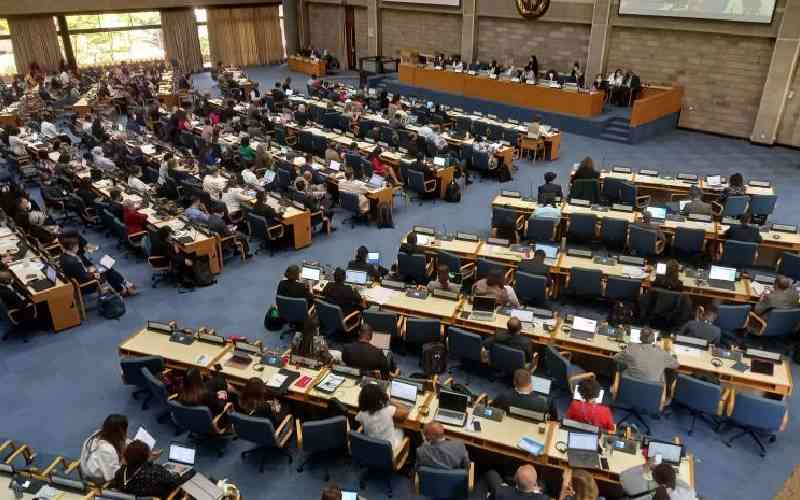×
The Standard e-Paper
Fearless, Trusted News

Delegates from 195 countries have failed to agree on a roadmap to end biodiversity loss.
The parties to the UN Convention on Biological Diversity held talks in Nairobi from June 21 to 27, concluding that the ambition was “nowhere near what is needed.”